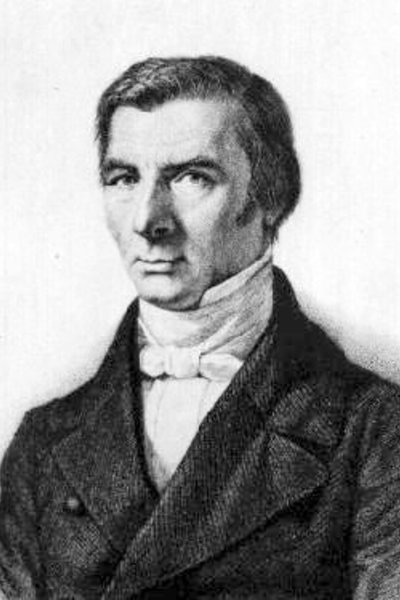Liberty Matters
You Didn’t Build that Road … or that Sun!

Re reading Bastiat's chapter titled "Property and Community"[75] calls to mind Barack Obama's (in)famous pronouncement to a successful business person: "You didn't build that!"
Obama was referring to the infrastructure (and other public goods) in the United States that American businesses rely upon to conduct their operations and, hopefully, to earn profits. It's true that in many cases this infrastructure was built by the government. And we can assume that absent this infrastructure the operations of businesses would be less smooth and the profits of many less high. (By the way, I say "can assume," not "must assume." It's quite possible that the infrastructure that would be supplied by the private sector absent government involvement would be superior to that which the government supplies. But this possibility is a discussion for another venue.)
Obama's correct, if trite, observation was taken by many progressives as implying that American businesses' use of infrastructure and other public goods gives the state -- or " the People" -- an open-ended claim on the earnings of successful business people, with the state regarded as the ultimate architect and motive-force of each successful firm. Yet those of us who understand the reality and importance of the margin understand why this progressive notion is mistaken. Walmart might not be able to operate without an extensive network of roads and bridges, yet given this network of road and bridges, any profits earned by Walmart arise exclusively from its success at serving consumers.
A network of roads and bridges, of course, isn't given. It must be built using scarce materials, land, and labor. But once government builds such a network and pays for it (say, with taxes collected) -- and once a business pays its pro-rata share toward the construction and maintenance of this network of roads and bridges -- that business's earnings " owe" nothing more toward this infrastructure.
It is useful to treat the role of infrastructure as akin to -- although not identical to -- the role of nature, as described by Bastiat.
Unlike infrastructure, much of nature is supplied to humankind free of charge -- meaning that each business's pro-rata obligation to help fund these inputs is $0. With infrastructure, each business's pro-rata share is greater than $0. Once this share is paid, however, each business is situated with respect to infrastructure just as it is situated with respect to nature: the business owes no more to the government or to " the People" for, say, a highway or police protection than it owes to nature for, say, rainfall or gravity.
Most people correctly recognize that a business's profits are not rendered excessive or unfair by that business's reliance in its operations on gravity and other natural forces. For the same reason, people should recognize that, once a business pays its pro-rata share toward the creation and maintenance of public goods, its profits -- no matter how high -- are not rendered excessive or unfair by that business's reliance in its operations on public goods.
Endnotes
[75.] See the new trans. of EH VIII. "Property and Community" <https://oll.libertyfund.org/pages/cw5#property>; or the old FEE trans. 8: "Private Property and Common Wealth" <https://oll.libertyfund.org/titles/bastiat-economic-harmonies-boyers-trans#lf0187_label_118>; and the Editor's attempt to sort out some of the translation and conceptual problems in this chapter: "Community, Property, and Communism" <https://oll.libertyfund.org/pages/cw5-appendix#community>.
Copyright and Fair Use Statement
“Liberty Matters” is the copyright of Liberty Fund, Inc. This material is put on line to further the educational goals of Liberty Fund, Inc. These essays and responses may be quoted and otherwise used under “fair use” provisions for educational and academic purposes. To reprint these essays in course booklets requires the prior permission of Liberty Fund, Inc. Please contact oll@libertyfund.org if you have any questions.